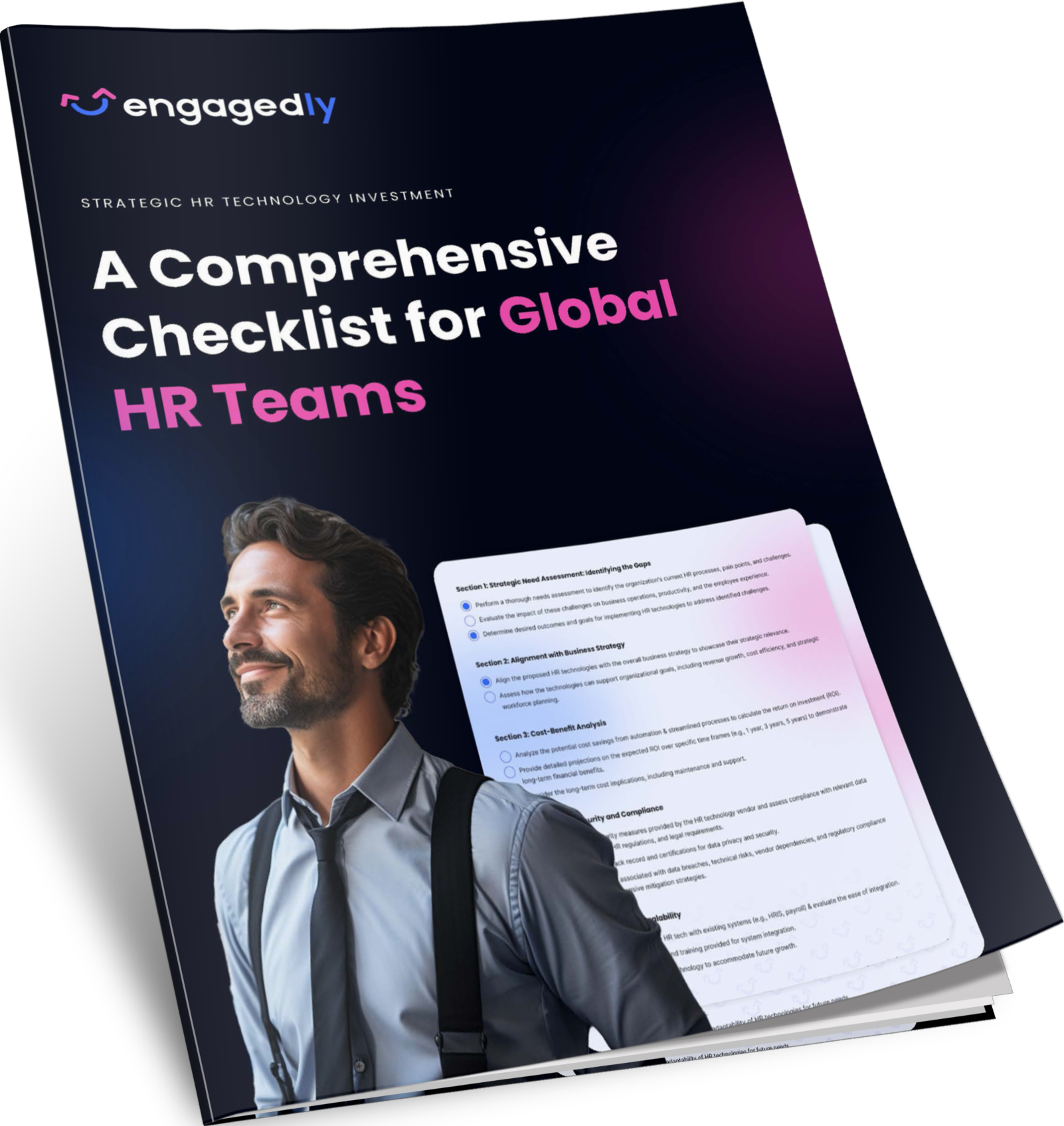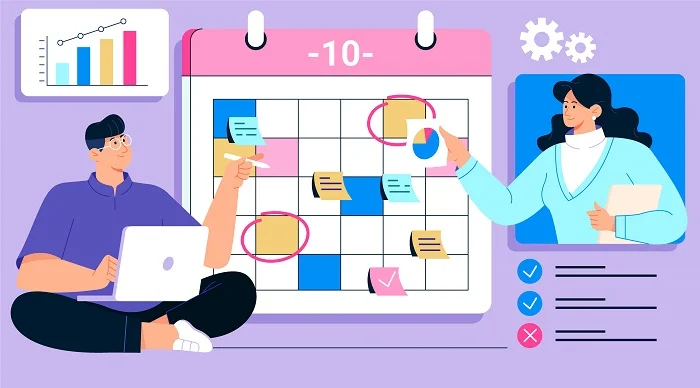In our previous articles 6 Creative Ideas For Employee Engagement and 5 Employee Engagement Activities On A Budget, we discussed how employee engagement can help your organization and a few creative ideas that can help you engage your employees. In this article, we show you how employee reward programs affect an organization when implemented on a long term basis.
Though employee reward programs give you an opportunity to recognize and reward your employees for their accomplishments and contributions, they are not favorable on a long-term basis if they are only financially based.
Most employee reward programs are planned in a generic way so that they can be used for everyone. But these reward programs usually fail because of their unfriendly set-up. Most of these programs do not help disengaged employees; instead they are focused on already engaged employees. People who have no clue how most employees function often design them.
A poorly planned employee rewards program doesn’t have much of an impact on top-level and bottom-level employees. It also tends to decrease the morale of the remaining middle-level employees of the organization. So planning an employee incentives program requires a great deal of research and thought. It should be planned keeping all employees in mind.
What Does The Survey Say?
Most employers often mistake employee rewards to be financial rewards. But, as mentioned in our previous article How To Motivate Employees In The Workplace, McKinsey’s global survey1 on employee rewards reveal that non-financial incentives were more effective as employee rewards when compared to financial incentives.
Carrots and Sticks?
According to Paul L. Marciano’s CARROTS AND STICKS DON’T WORK 2, reward programs fail for the very reason that they are programs. They fail because people view them as something to be followed only for a period of time and not as something to be included in their lifestyle. Reward programs do not motivate people. Instead, they sometimes foster cheating and are cover-ups for ineffective supervisors.
It is true that people need a direction to work towards, but only if it allows them to be creative. Goals are often considered finish lines and not opportunities to improve the quality of work. According to Marciano these programs do not motivate employees to take risks and be creative. Every employee wants to be rewarded, which is why no one wants to be creative and risk losing a reward.
What We Think
We agree that reward programs do not have a visibly constructive impact on work culture. The team work in your organization also gets affected miserably because every individual employee is in competition with the other. But reward programs when planned and administered keeping individual executives in mind, can be advantageous.
Supervisors should regularly watch over and spend resources on incentive programs so that they can get the most out of it. Choosing the kind of non-financial incentives that you want to give your employees also makes a lot of difference.
Engagedly platform is built from ground up to choose non-financial incentives for your employee rewards program. Engagedly’s exclusive features like praising your employees, allowing them to redeem their points, etc can help your employees collaborate and engage.
Have you organized employee reward programs at your workplace? If so, please share your experiences and suggestions with us in the comments section below.
References:
1. https://www.mckinsey.com/business-functions/organization/our-insights/motivating-people-getting-beyond-money
2. CARROTS AND STICKS DON’T WORK – Paul L. Marciano
Want to improve employee engagement at your organization? Then request a demo today to find out how Engagedly can help!
Request A Demo
Author
Srikant Chellappa
CEO & Co-Founder of Engagedly
Srikant Chellappa is the Co-Founder and CEO at Engagedly and is a passionate entrepreneur and people leader. He is an author, producer/director of 6 feature films, a music album with his band Manchester Underground, and is the host of The People Strategy Leaders Podcast. He is currently working on his next book, Ikigai at the Workplace, which is slated for release in the fall of 2024.






